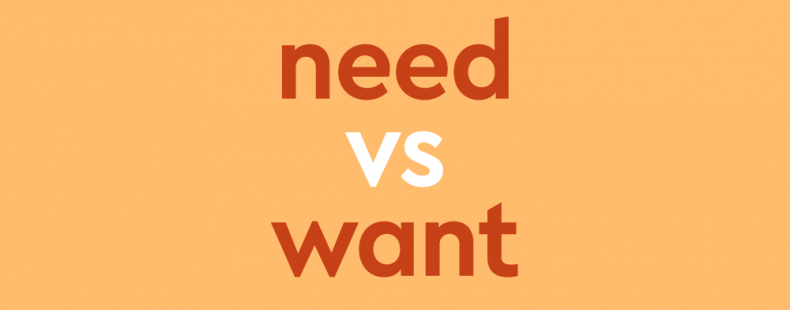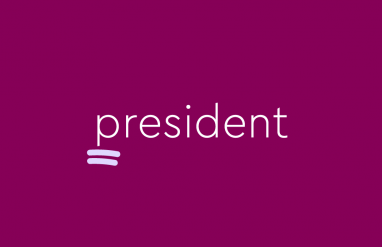⚡ Quick summary
The word need typically refers to necessities, while the word want typically refers to desires. This distinction applies to their usage as both verbs and nouns.
When we talk about things we don’t have but wish we did, we often use the words need and want.
In this article, we will define the words need and want, explain how we use them differently, and provide examples that show how we typically use them in sentences.
want vs. need
The word want is commonly used as a verb to mean “to wish for” or “to crave, desire.” As a noun, want is commonly used to mean “something desired.” The word want typically implies that a person really desires something, but that thing is not essential.
For example:
- I want new shoes.
- We want to go to the movies tomorrow.
- The emperor was a man of lavish wants that included gold and jewelry.
The word need is commonly used as a verb to mean “to require” and as a noun to mean “a requirement” or “an urgent want.” The word need often implies that someone desires something that is essential or something that they view as a necessity.
For example:
- Plants need water or they will die.
- I tried to ignore my grumbling stomach’s need for food.
Additionally, the phrase in need is used to describe someone or something that is lacking an essential thing or a necessity, as in The doctor helped people who were in need of medical care.
Need and want are often used in the same context of people desiring things that they don’t have. The common distinction made between the words want and need is how urgent or essential the desired thing (or person) is. The word need implies that something is essential, while the word want implies that it is not.
For example:
- I want food. (I desire food, but I can do without it for now.)
- I need food. (I desperately require food. Food is a necessity to me right now.)
- I want a new car. (A new car would be a nice thing to have, but I can live without it.)
- I need a new car. (A new car is essential to me. I cannot live without it.)
needs vs. wants
People often talk about needs and wants when discussing their life or finances. In this context, we typically use wants to refer to unessential things we’d like to have and needs to refer to essential things that we must have. While the word needs usually refers to necessities like food and shelter, it may also be used in this context to refer to things like money and social interaction that a person could technically live without but would suffer greatly without.
Here some examples of things that most people would likely consider to be needs and wants:
- Needs: food, water, shelter, sleep, clothing, medicine
- Wants: fancy cars, expensive clothes, big houses, luxurious vacations
wanted vs. needed
The main distinction between want and need is also applied to their past tense forms, wanted and needed. We use the word needed to refer to essential things and the word wanted to refer to unessential things.
For example:
- I wanted a bottle of water. (A bottle of water would have been nice to have.)
- I needed a bottle of water. (A bottle of water was a necessity.)
wanting vs. needing
Wanting and needing are the gerund and present participle forms of the verbs want and need. As is the case with other forms of want and need, we typically use wanting to describe unessential things and needing to describe essential things.
For example:
- I am constantly wanting help. (I often desire help but can function without it.)
- I am constantly needing help. (I often require help to function at all.)
The word wanting can also be used as an adjective or, rarely, a preposition to mean “lacking” or “deficient,” as in He is severely wanting in good manners. The word needing is not used as an adjective. The adjective form of need is needy.
Examples of need and want in a sentence
Because we want to show that we know how to use need and want correctly, we need to look at some example sentences.
- When I grow up, I want to be an astronaut.
- As true carnivores, cats need to eat meat.
- She wants to live somewhere warmer.
- In the future, all of our needs may be taken care of by robots.
- I want to quit working to play music in a rock band, but I need to keep my job as a chef in order to pay my bills.














